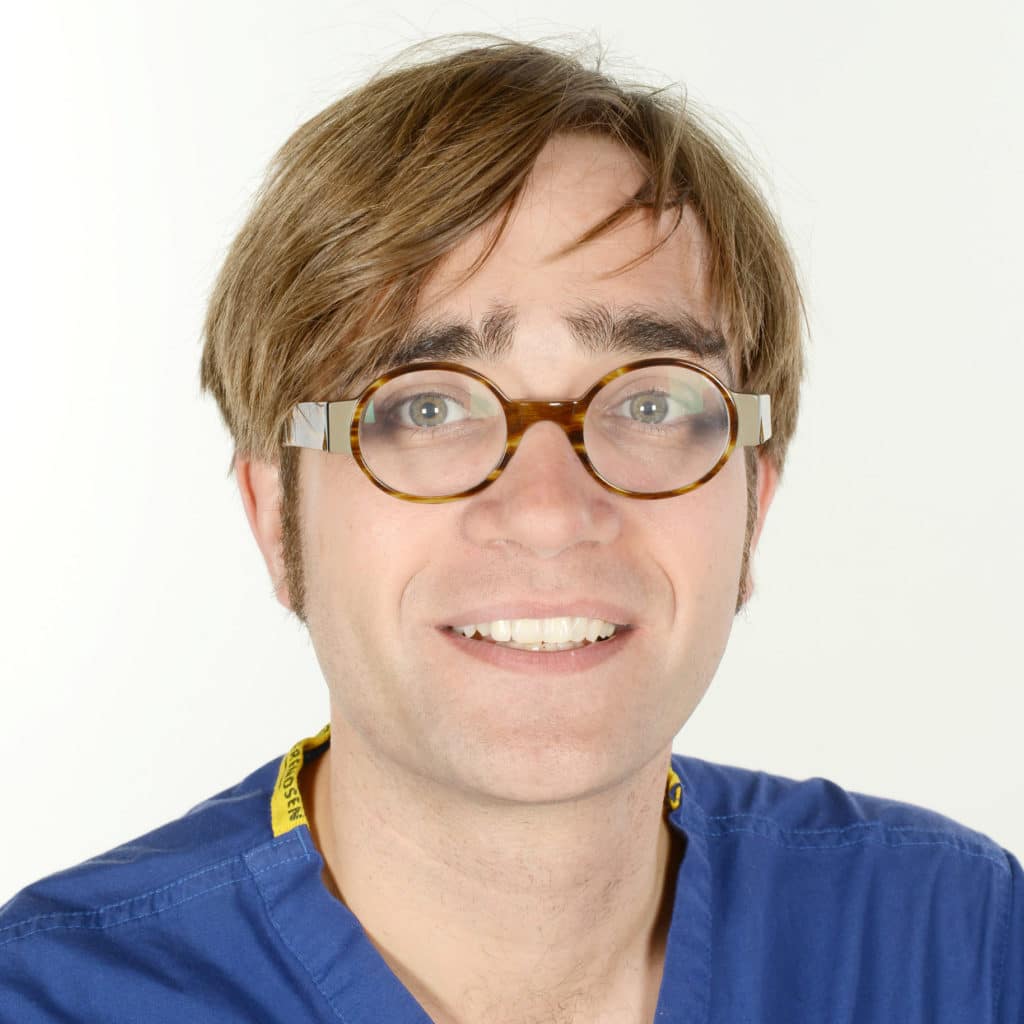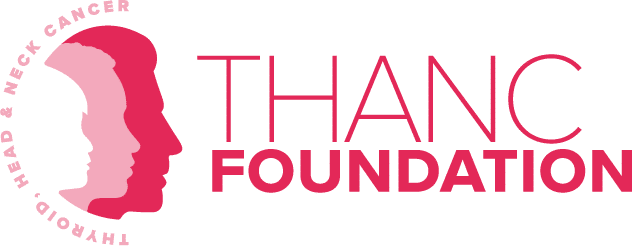
I grew up in Belgium and at a very young age, I became a chorister. I was fortunate to travel and perform around the world. When we were abroad, it was often hard to communicate as I only spoke Dutch, but music showed me that you can connect with people in a way that transcends language and culture; music has no boundaries.
But music was not my only interest. As a boy, I was fascinated by the world of medicine, so much so that my bedtime readings included medical dictionaries. Idealistic and full of excitement, I eventually started studying medicine at the University of Ghent.
At the end of medical school, however, I was questioning if I wanted to continue a career in medicine or focus on music. Then, when I met my first laryngectomy patient, I had the idea of combining both passions.
After a laryngectomy (the removal of the voice box), the restored voice is monotone and limited. I wanted to make a difference by using breathing and singing techniques to maximize patients’ use of their lung capacity and help them to explore and control their new voices.
Music became a motivational tool for patients to practice, control, and fully use their new voices. The more patients sing, the more they can control the coordination between hand movement, breathing, and voicing. It also improves intonation and enunciation.
In a way, music gave these patients an even stronger voice than before.
From the positive feedback I received, I thought, “Why don’t we start a laryngectomy choir?” This shared experience proved to be such a thrill for our members. Some participants had never before performed on a stage, but their confidence soon blossomed. Soon, we realized that this was a way for the patients to reach others and tell their story. Through singing, they could explain the psychosocial impact of a laryngectomy to a wider audience. We want the public to understand how your voice is part of your identity in addition to being our main communication tool, and that there are tremendous effects when someone loses it.
For an overlooked community in our society, it was a great way to increase awareness among researchers, pharmaceutical companies, and media. We became quite inspirational to the laryngectomy community and received broad coverage on national television in Belgium, the U.K., France, and Russia. In a way, music gave these patients an even stronger voice than before.
Can You Hear My Voice?, a documentary created by Bill Brummel with aid from the THANC Foundation and ATOS, was a two-year process of hard work. After a long wait, we saw it all come together when more than 400 people attended the film’s premiere.
My most recent exciting project was developing chocolates for post-laryngectomy patients with world-class chocolate masters Dominique and Julius Persoone of The Chocolate Line in Bruges. They are rock stars of the chocolate world who have even designed chocolates for the Rolling Stones.
Food for thought is what keeps our brains healthy and happy, and I’m privileged to have such a supportive group around me…
I explained to them that the dry mouth and changes in taste and swallowing that occur after radiotherapy and laryngectomy make it hard to enjoy chocolate, ending my plea with, “As Belgians, we cannot stand by and let this happen!” They replied, “Let’s make their world a sweeter place.”
Together with Bernard Lahousse, who specializes in food pairing, we were able to create a taste profile for a new chocolate specially designed for our target group. As a key ingredient, we added artificial saliva to our “mouth-watering” chocolates. This collaboration triggered our taste for innovation, and we aspire to continue and expand our mapping of taste and texture preferences after laryngectomy and implement these in new recipes.
Food for thought is what keeps our brains healthy and happy, and I’m privileged to have such a supportive group around me, who are open to my “outside-the-(voice)box” style of thinking. Together we are enjoying this journey full of experimentation and developing new ideas to challenge and overcome limitations. I’m proud when I look back on what we have achieved together in such a short period of time whilst having so much fun along the way.
While cancer is life-changing, it does not mean your life is over. You just have to find a new balance…
This year, I am starting my Ph.D. at IPEM, a center specialized in Music and Science at the University of Ghent in Belgium. I will focus on using the arts to improve the quality of life in laryngectomy patients. I hope to find more creative ways to help people who live with chronic disease or who are going through difficult rehabilitation. I share this aspiration with Hannah Conway (an opera composer) and Katherine Wilde (a producer). Together we started Sound Voice. We facilitate creative interaction between specialists in healthcare, biomedical technology, and science together with their target groups. The outcome of this unique setup is integrated into public education, engagement, and art with a patient-centered focus.
Together with Philip Clemo (an artist working in composition and sound design) and Reeps One (a New Media artist, researcher, and musician specializing in voice, technology, and performance) we are working on the project “From Silence into Song: Emergence.” Thanks to thermal and infrared imaging and highly advanced sensors, we capture what is invisible and inaudible to humankind. We recorded trees that survived the 1945 nuclear bomb detonations in Japan. A song emerged from the chatter between the trees and our choir of humans who have survived cancer thanks to radiotherapy. It is a beautiful example of positive activism and how we used art to help advance an overlooked group in our society—a mind-blowing poem without words, a manifesto without voice.
For patients who are currently undergoing head and neck cancer treatment, my advice is to reach out to people. Do not try to do this alone. There are many support groups out there. Having this support is important for you and your family. While cancer is life-changing, it does not mean your life is over. You just have to find a new balance, take your time, and not rush anything. This is a difficult period of time you have to overcome, but there are plenty of examples of people who enjoy life after cancer treatment and after a laryngectomy.

Help us do more! Donate today!
When you donate today, your support helps us accomplish our mission and reach further with our online resources and programs.


